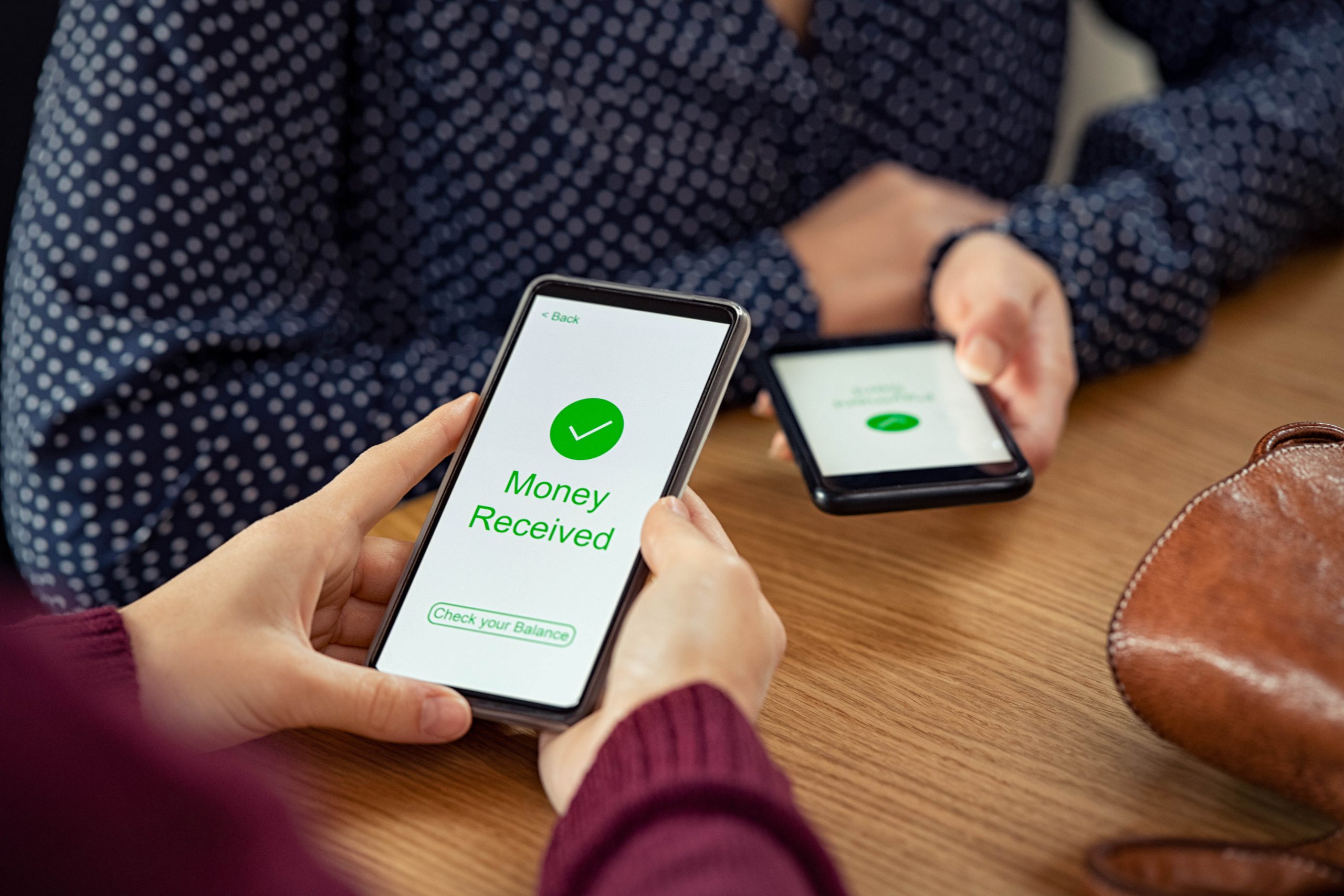In today’s digital world, managing your finances is easier than ever—thanks to a growing number of money apps designed to help you track spending, save smart, and stay on top of your financial goals. Whether you want to stop living paycheck to paycheck, build your savings, or start investing, there’s an app that can help you do it with just a few taps on your phone. If you’re ready to take control of your money, check out these top-rated apps that make personal finance more manageable and even a little fun.
Why Use a Money App?
A good financial app can be like having a money coach in your pocket. Here’s what the right one can help you do:
- Create and stick to a budget
- Monitor your bank and credit accounts in one place
- Set financial goals and track your progress
- Avoid overdrafts and surprise charges
- Save automatically without thinking about it
- Learn new financial skills along the way
No matter your money style—hands-on or totally automated—there’s an app for that.
Best Budgeting Apps
- Mint
- What it does: Tracks spending, sets budgets, monitors credit, and reminds you about bills.
- Best for: Beginners who want an all-in-one budgeting tool.
- Cost: Free (with ads)
Mint connects to your bank accounts and categorizes your transactions automatically. It’s user-friendly and gives you a clear picture of where your money is going each month.
- YNAB (You Need A Budget)
- What it does: Helps you give every dollar a job and plan ahead for future expenses.
- Best for: People serious about changing their money habits.
- Cost: Free trial, then $14.99/month or $99/year
YNAB is hands-on but powerful. It’s ideal if you want to be super intentional about every dollar and finally stop feeling like you’re constantly behind.
Best Saving Apps
- Digit
- What it does: Automatically moves small amounts of money from your checking into savings based on your spending habits.
- Best for: People who struggle to save on their own.
- Cost: $5/month after a free trial
You won’t miss the small transfers—and you’ll be surprised how quickly they add up. You can also set specific goals like emergency funds, vacations, or bills.
- Qapital
- What it does: Lets you set fun rules for saving (like rounding up purchases or saving every time you hit a step goal).
- Best for: Gamifying your savings.
- Cost: $3–$12/month
Qapital turns saving into a challenge—and makes it feel rewarding, not like a chore.
Best Investment Apps
- Acorns
- What it does: Rounds up your purchases and invests the spare change.
- Best for: Beginner investors who want a hands-off approach.
- Cost: Starts at $3/month
Acorns is perfect if you’ve never invested before and want to dip your toes in with low risk. Plus, it offers educational content to help you learn as you grow.
- Robinhood
- What it does: Lets you trade stocks, ETFs, and even crypto with no commission fees.
- Best for: Those who want more control over their investing.
- Cost: Free (optional Robinhood Gold at $5/month)
Robinhood is great for more active investors—but make sure you do your homework before jumping into the market.
Best Apps for Debt and Credit Monitoring
- Credit Karma
- What it does: Shows your credit score, offers personalized recommendations, and tracks your progress.
- Best for: Monitoring credit and finding better loan or card offers.
- Cost: Free
Credit Karma is a must-have if you’re focused on improving your credit or just want to keep an eye on it without paying extra.
- Tally
- What it does: Helps manage and pay off credit cards with a smarter repayment strategy.
- Best for: People juggling multiple credit card balances.
- Cost: Depends on your usage (Tally offers a line of credit to consolidate payments)
Tally helps you reduce interest and stay on top of credit card payments without having to micromanage every bill.
Best All-Around Money App
- Personal Capital
- What it does: Tracks your spending, net worth, investments, and retirement goals in one place.
- Best for: People who want to see the full picture of their finances.
- Cost: Free (paid advisory service optional)
This is a great tool if you’ve got savings, investments, and want to plan long-term. The interface is clean and it offers helpful retirement planning tools.
Choosing the Right App for You
With so many options out there, it’s easy to get overwhelmed. Ask yourself:
- What’s my main financial goal right now—saving, budgeting, debt, investing?
- Do I prefer automation or manual control?
- Am I okay paying a few dollars a month if it helps me stay on track?
- Do I want all-in-one tools or separate apps for each task?
The best app is the one you’ll actually use consistently.
Final Thoughts
You don’t need to manage your finances alone—today’s money apps are smarter, easier, and more helpful than ever. Whether you’re trying to break a paycheck-to-paycheck cycle, stash away savings, or start investing for the first time, there’s an app that can support your journey. Pick one that fits your goals, try it out for a few weeks, and watch how small changes in your daily money habits can lead to big results.
